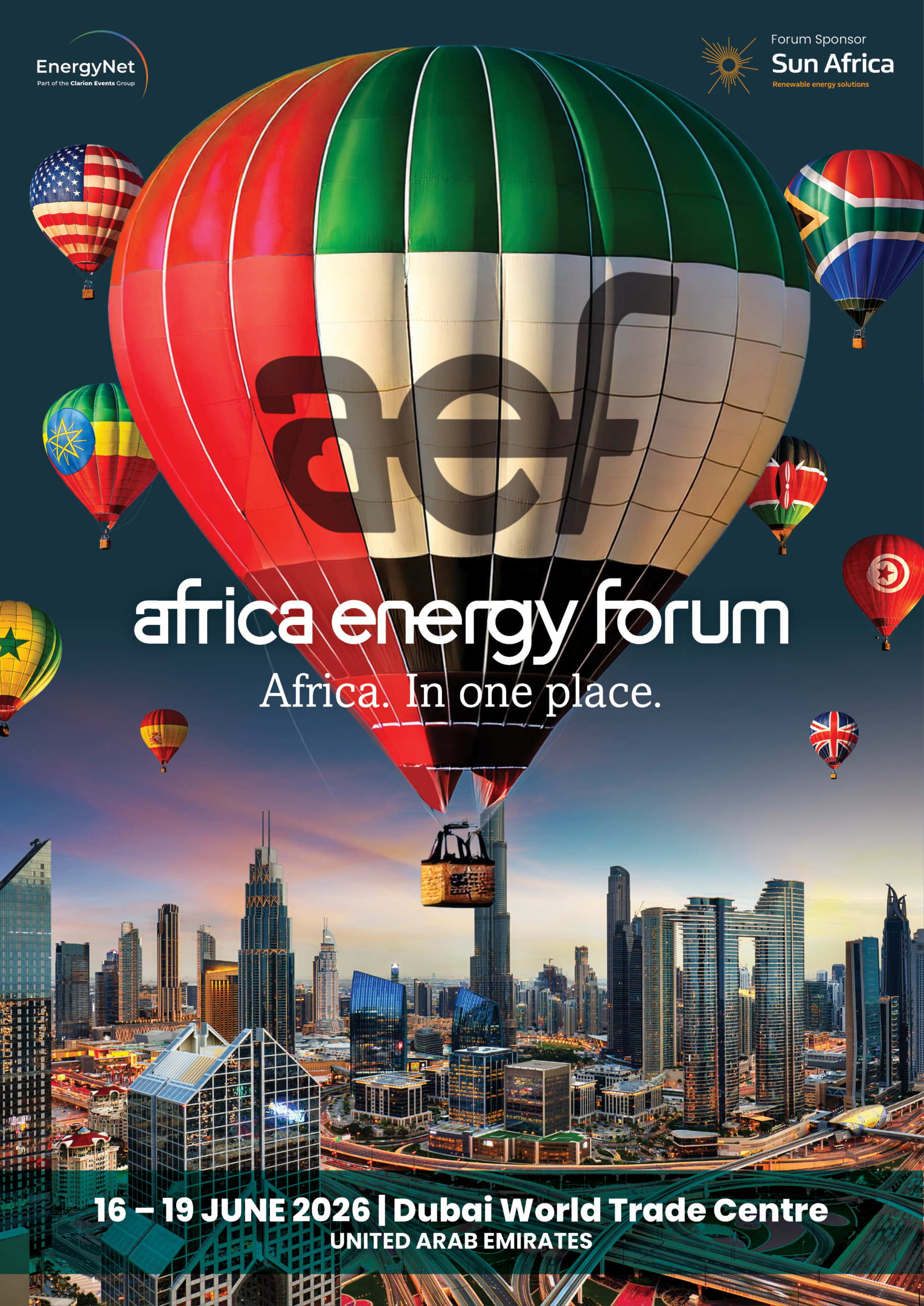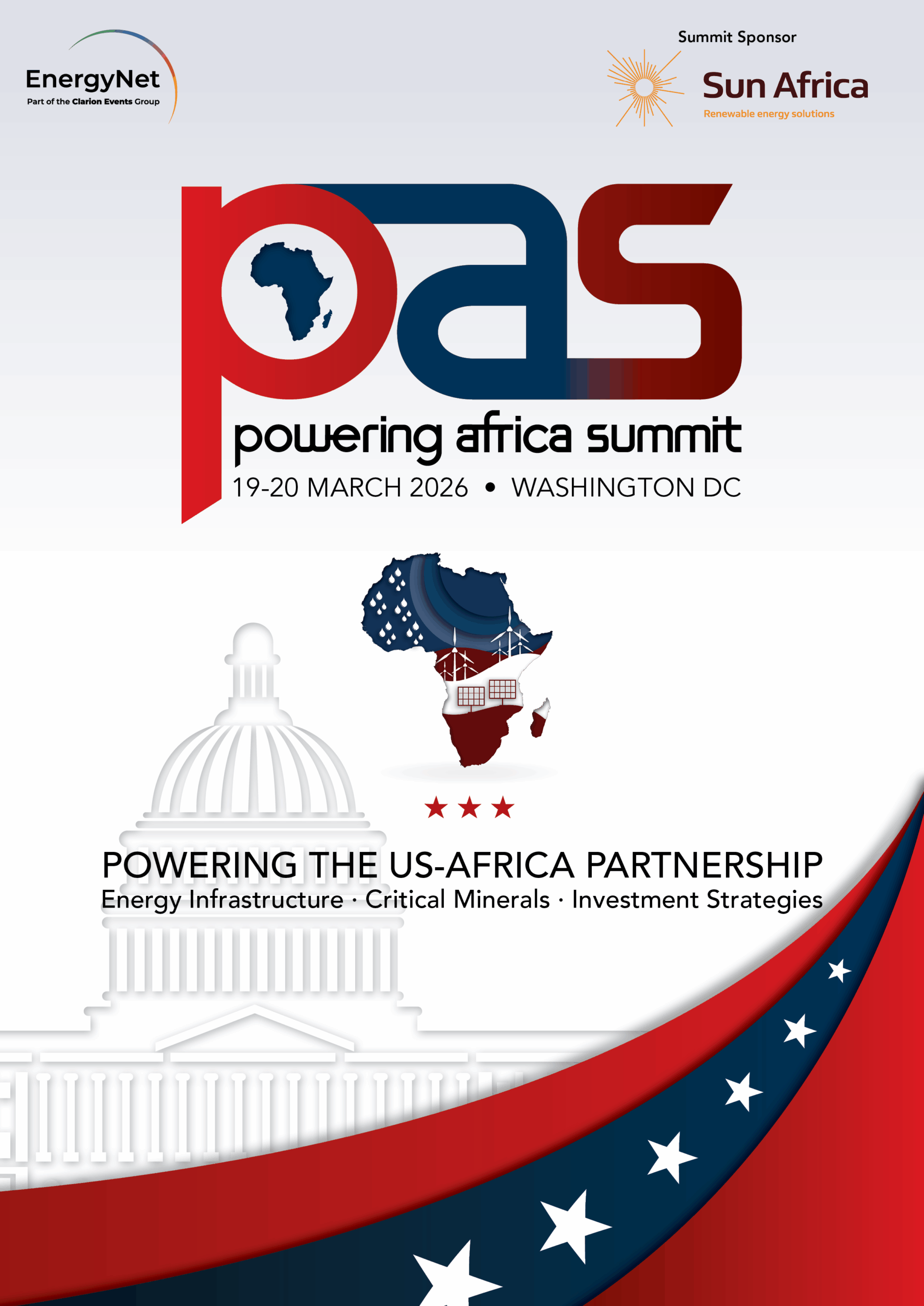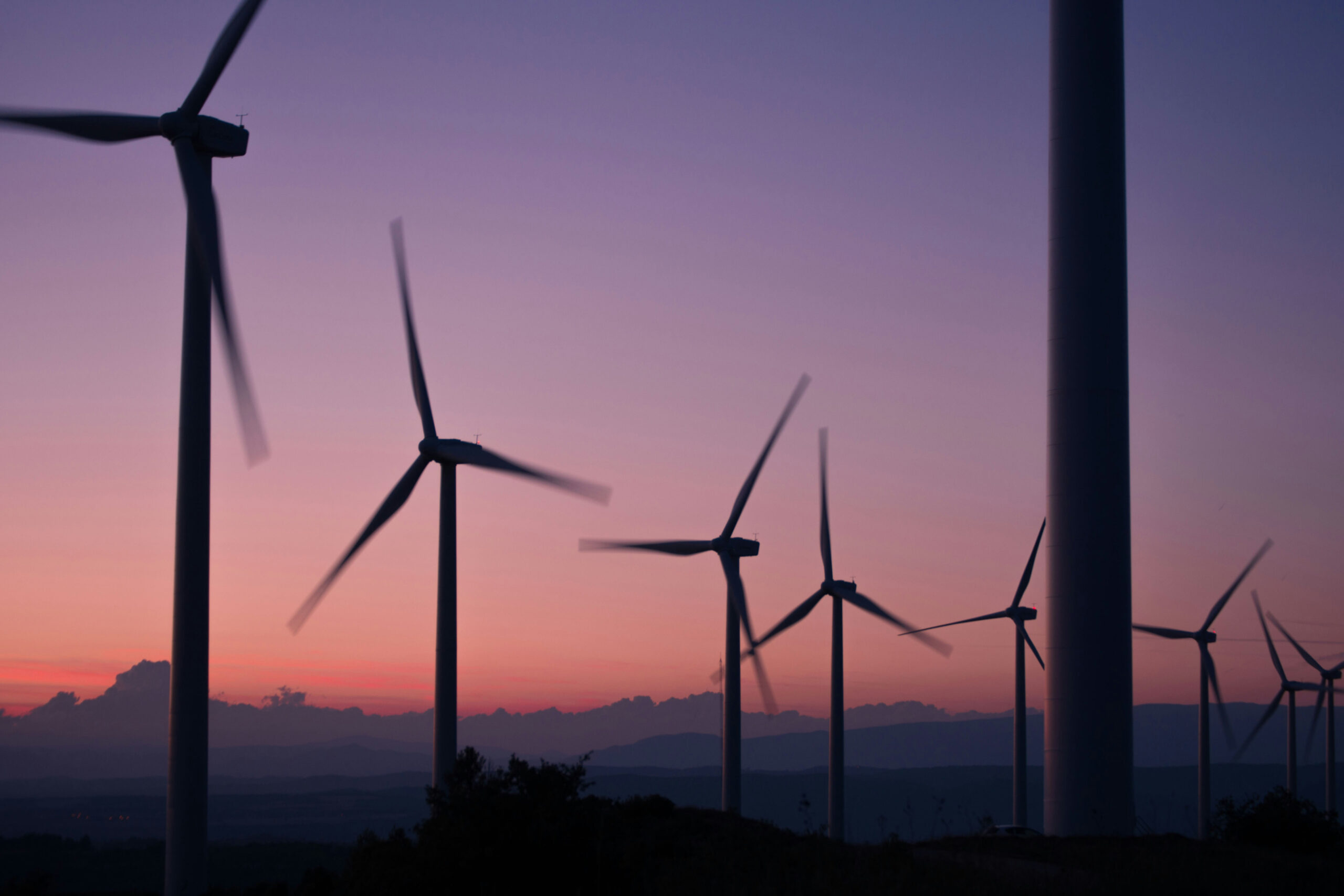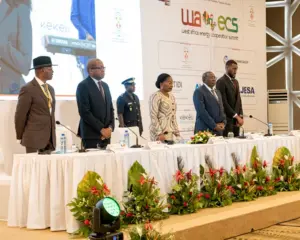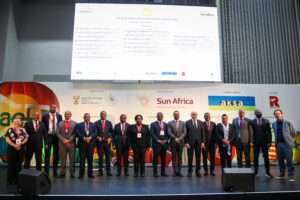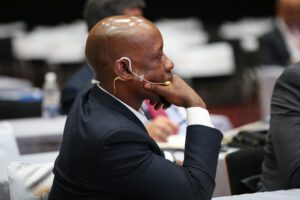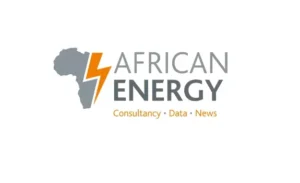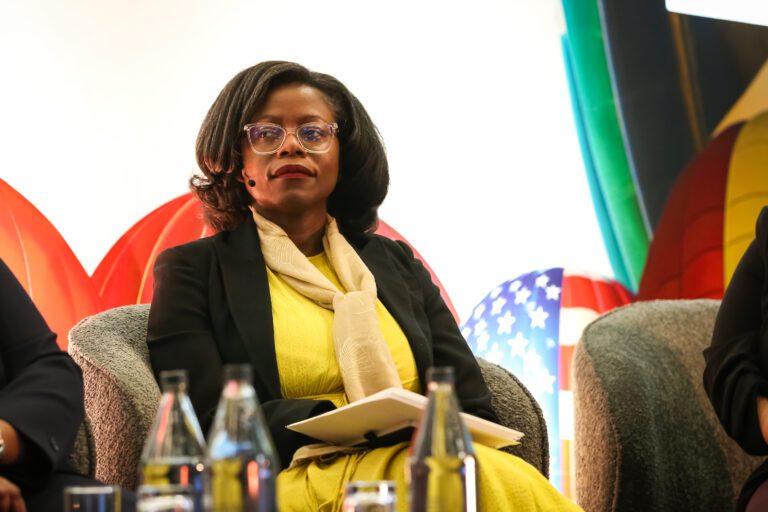
Mutual Benefits and Relationship Building in the Current Geopolitical Context
June 2025 | Africa Energy Forum
With the geopolitical tectonic plates shifting in every corner of the world, largely towards a multipolar landscape where it’s difficult to know where to look for power and partnership, African energy is finding itself looking both externally and internally for a new way forward.
Chief among these geopolitical shifts has been the US’ repositioning in the African context, with the new administration drastically shrinking its USAID operation. However, despite the undeniably negative impact this has had on the African continent, the response from the new administration is that this impact is temporary, amid a shift in focus, from “aid to investment”.
The renewed focus champions the idea of “mutual benefit”, with a suggestion that new models, directions, doctrines and discussions will come online as the administration settles into its tenure.
A redefined relationship would be based around African solutions to African challenges, with the US aligning its resources to priorities laid out on the continent in a mutually beneficial, sustainable way.
This is “music to the ears” of Africa, and especially South Africa who have been quick to remind how negatively impactful recent US decisions have been so far on the continent, especially citing disruption to programmes designed to aid the Just Energy Transition. Ultimately, withdrawal of USAID actively upset initiatives designed to improve access levels to electricity and indeed the clean cooking challenge that effects one billion Africans.
Skills, capacity, projects, climate change initiatives – all are mentioned as factors under threat should the relationship with the US not recover. However, there are examples where the impacts can somewhat be mitigated by stronger, internal, regional collaboration.
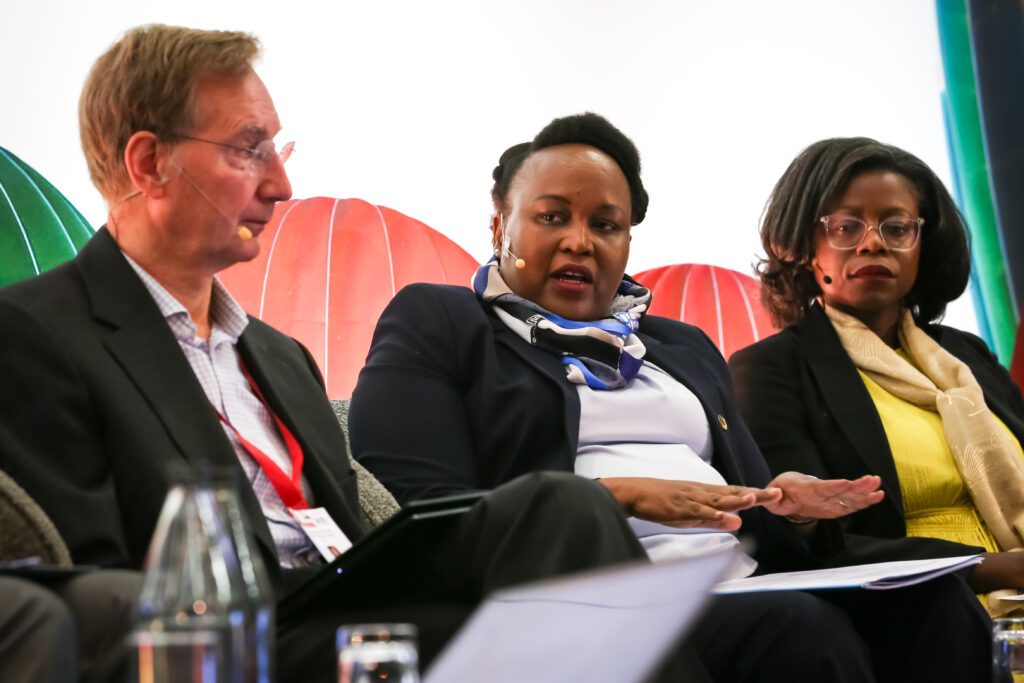
The East African Community (EAC) is one prime example showing how an expanding regional bloc can embolden policy building, trade, knowledge sharing, fair economic practice and engagement. The promotion of a common market and its customs union is especially pertinent in the context of energy, as it provides a stronger, more collaborative and risk averse platform from which to explore broader international partnerships.
The broader the union and bloc, the more capacity, resources, potential and financial attractiveness it projects to other international powers who can fulfil a vital, final requirement in the form of capital.
The common theme also shared and promoted from this regional perspective is “mutual benefit”. Notions of dependency, knowledge transfer, sustainability and scalability will underpin any new intercontinental relationships formed as Africa chooses potential, new directions post USAID’s withdrawal.
Inevitably, China will continue to pose a strong proposition in this new dynamic, while there is also the issue that not all blocs are as united as the EAC at present. Coups in the SAHEL region are a reminder that while tectonic plates continue to shift across the world, trying to lock-in a revised global model will also be dependent on Africa’s own shifting geopolitical situation.
For full coverage of the discussions and deeper insights into the industry leaders and stakeholders that came together at aef 2025, explore the Post Forum Report.


